Apple MacBook Pro 13-inch (M1, 2020) review: The start of a new era
The 2020 MacBook Pro M1 13-inch is a portable powerhouse aimed at creative professionals, with Apple's revolutionary M1 chip

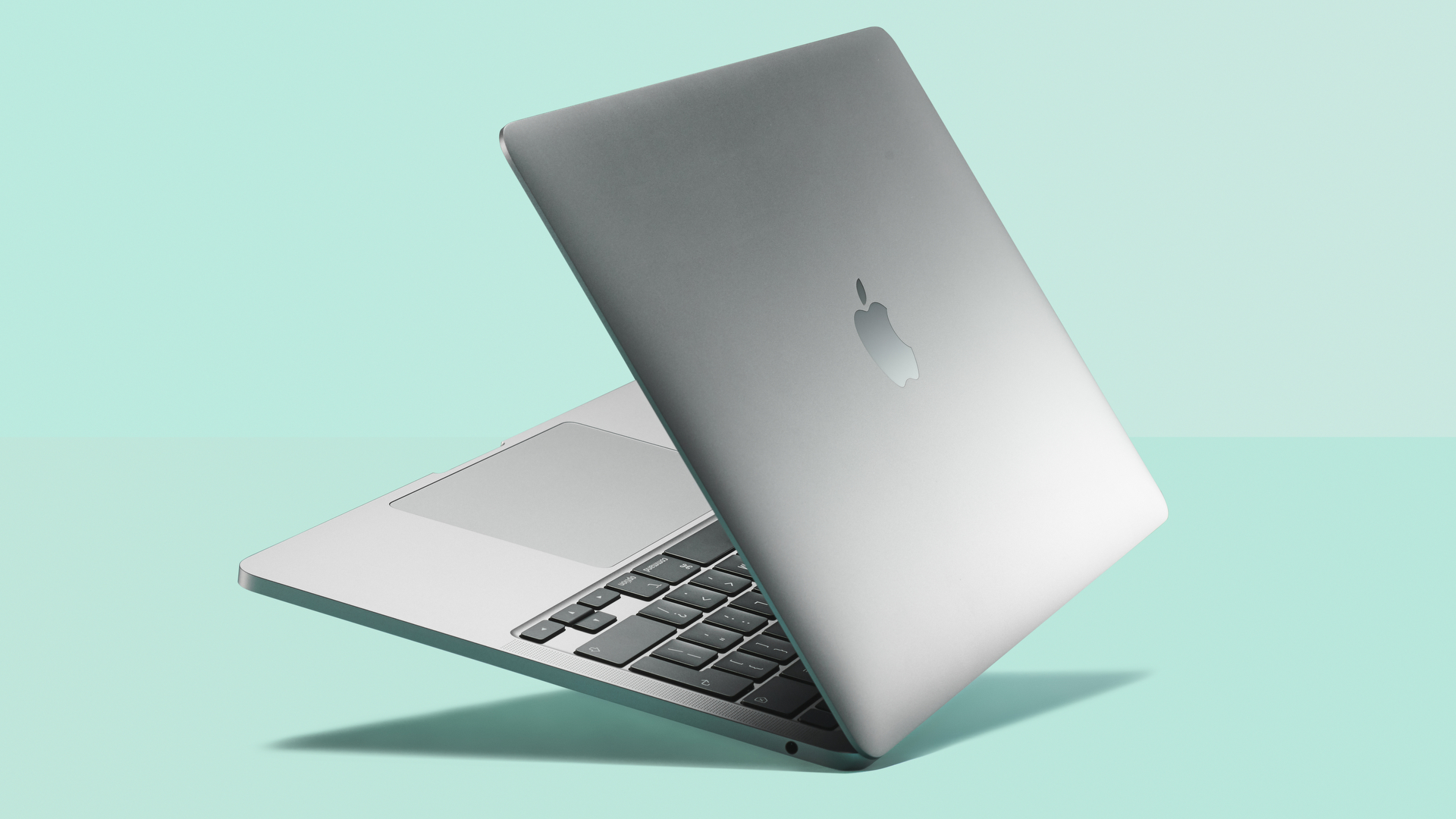
Sleek, long-lasting and mightily powerful, the M1-powered MacBook Pro 13-inch puts Apple's new chip to brilliant use. This is an excellent showcase for what Apple hardware can do, and if you're a creative professional that wants a portable powerhouse to work on while travelling, this is a top choice.
-
+
Excellent performance
-
+
Long battery life
-
+
Can run older Mac apps
-
+
Thin and light
-
-
Lack of ports
-
-
Design is getting old
Why you can trust T3
Apple MacBook Pro 13-inch (M1, 2020) is the most exciting laptop the company has made in years. Now, some people may rightly point out that this isn't too hard to do – after all, there's been a feeling for a while that Apple has been playing it safe with its MacBooks, instead saving all of its passion and inventiveness for its iPhones.
However, while previous MacBooks have made small, iterative, upgrades over the years, the new MacBook Pro 13-inch offers something truly revolutionary in the form of Apple's very own M1 chip. So, rather than just settling for adding in yet another Intel processor, Apple has instead created its very own chip, giving the company almost complete control over the hardware in the new MacBook Pro 13-inch (along with the new MacBook Air (M1, 2020), and the new Mac mini as well).
Not only did this move send shockwaves around the world (and put a hefty dent into Intel's stock price), but it's resulted in an incredibly impressive piece of kit – one which has earned its place in our best laptops ranking. The MacBook Pro 13-inch (M1, 2020) is incredibly powerful, while also boasting the longest battery life ever in a MacBook – with Apple promising an incredible 17 hours of web browsing, and 20 hours of video playback.
However, with the updated MacBook Pro 13in M2 since launched, the M2-powered MacBook Air a further distraction, and more powerful 14- and 16-inch MacBook Pro models available, does the older MacBook Pro hold its worth?
Apple MacBook Pro 13-inch (M1, 2020) review: price and release date
The MacBook Pro 13-inch (M1, 2020) went on sale in November 2020, making it the second 13-inch MacBook Pro revision that year (there was an earlier Intel-based version released earlier in 2020). The base model started at $1,299 / £1,299 / AU$1,999, featuring the M1 chip with an 8-core CPU and 8-core GPU, 256GB SSD storage and 8GB of RAM.
You may only be able to find refurbished or second-hand M1 MacBook Pros knocking about these days, however, as the M2 model has since released in replacement of the earlier 13-inch M1 model.
As with previous models of MacBook, you can't open it up and add more storage or RAM, which means if you're thinking you may need the extra space or memory, then buying it now will save frustration later. However, that does mean the MacBook Pro 13-inch remains a pricey investment.
One thing to point out, however, is that the price for the new MacBook Pro 13-inch with the M1 chip remains the same as the earlier 2020 model with an Intel processor. So, you're getting a boost in performance and battery life for the same asking price. That's something to commend Apple on, though it may be a bit of a bitter pill for people who have recently bought the Intel model.
If the base model of the MacBook Pro 13-inch (M1, 2020) is still too pricey, then we really recommend considering the MacBook Air. This is because it features the same M1 processor (though with one less GPU core) and is a lot less money.
There's also a model with the exact same M1 chip, along with 8GB RAM and 512GB storage, and that costs $1,249 / £1,249 / AU$1,949, which is again cheaper than the base model of the Pro.
What's interesting is that this MacBook Air model offers similar performance to the Pro, more storage, and also now includes the same P3 color gamut support as the MacBook Pro. While it can't handle highly intensive tasks for too long because of its fanless design, in many ways the new MacBook Air is so good that it almost makes the 13-inch MacBook Pro redundant.
MacBook Pro 13" review: Design and build
While what's inside the new MacBook Pro is new and exciting, on the outside, it's disappointingly similar. With dimensions of 0.61 x 11.97 x 8.36 inches (1.56 x 30.41 x 21.24cm) and a weight of 3.0 pounds (1.4kg) it looks and feels pretty much exactly the same as previous models.
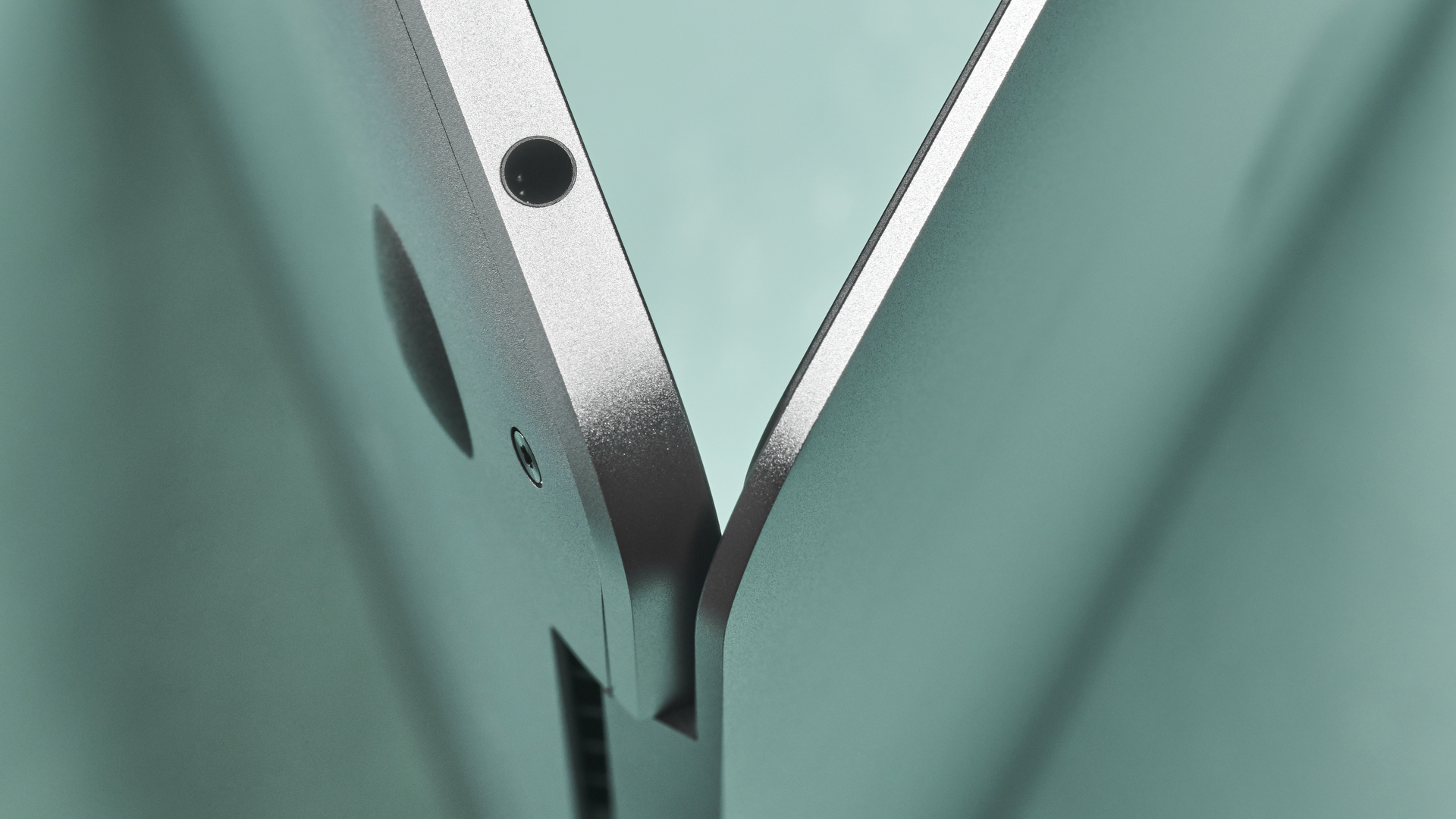
If you think the MacBook Pro design is perfect, then this will no doubt be good news, but with Windows 10 laptops becoming ever more stylish, it seems a shame that Apple hasn't taken this opportunity to radically overhaul the MacBook Pro 13-inch's look.
So, there's still the thick bezels around the screen, which are beginning to feel decidedly dated when compared to laptops like the Dell XPS 13, and that divisive Touch Bar is once again present above the keyboard, giving you shortcuts and context-sensitive tools depending on what you're doing.
The keyboard also remains the same Magic keyboard that debuted on the 16-inch MacBook Pro, and replaces the much-maligned Butterfly keyboard of previous models, which was prone to issues such sticky and non-responsive keys. It feels much more comfortable to use, with more responsive key travel.
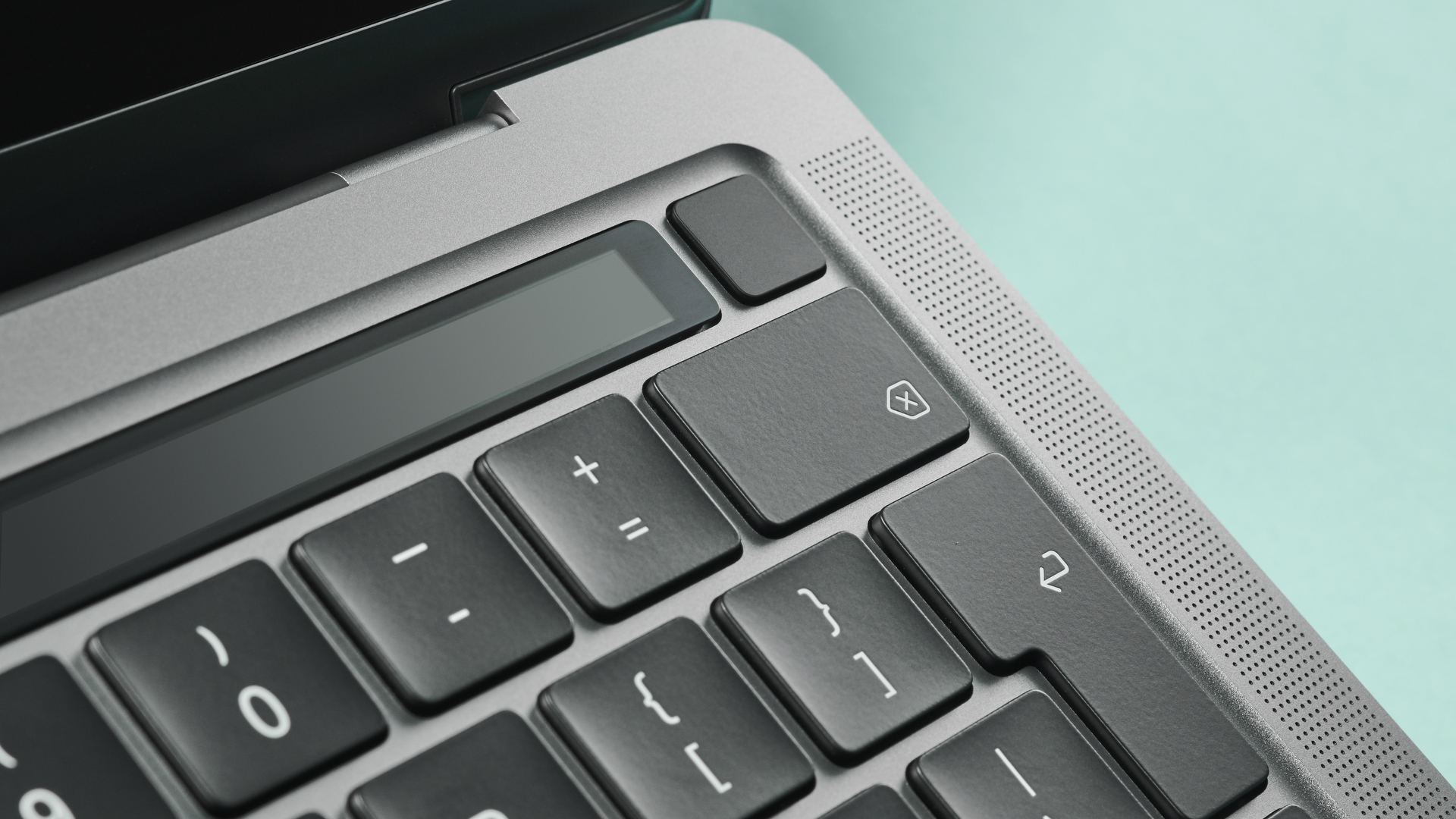
The screen has – you've guessed it – also remained the same, with a Retina resolution of 2560 x 1600, and P3 color gamut support which is essential for many digital creatives. It's bright and vibrant, but again, we're seeing an increasing number of competing Windows laptops with much higher resolutions.
Our biggest complaint about previous MacBook Pros is also present and correct, with just two Thunderbolt 3 ports. If you want to plug in older peripherals, such as hard drives, or want to plug in a microSD card from your camera, you're going to need to buy a dongle.
M1 Apple MacBook Pro 13-inch review: Performance
MacBook Pros are Apple's high-end laptops for professionals, so you expect performance to match, and thankfully the new MacBook Pro 13-inch doesn't disappoint. Many people were concerned that Apple's move from Intel would result in a hit to performance, but we can happily say that is not the case at all.
In fact, the MacBook Pro 13-inch (M1, 2020) blows past our expectations. We're seriously impressed. During our time with the MacBook Pro 13-inch (M1, 2020), we ran native M1 apps that have been built for the new chip, along with legacy apps that run via Rosetta 2, a tool from Apple that allows older Mac apps to run with barely any noticeable impact to performance, despite being coded for Intel hardware.
It's an impressive bit of technical wizardry, and it means that if you own an older Mac, moving to the M1 MacBook Pro should mean you should still be able to run your favourite apps.
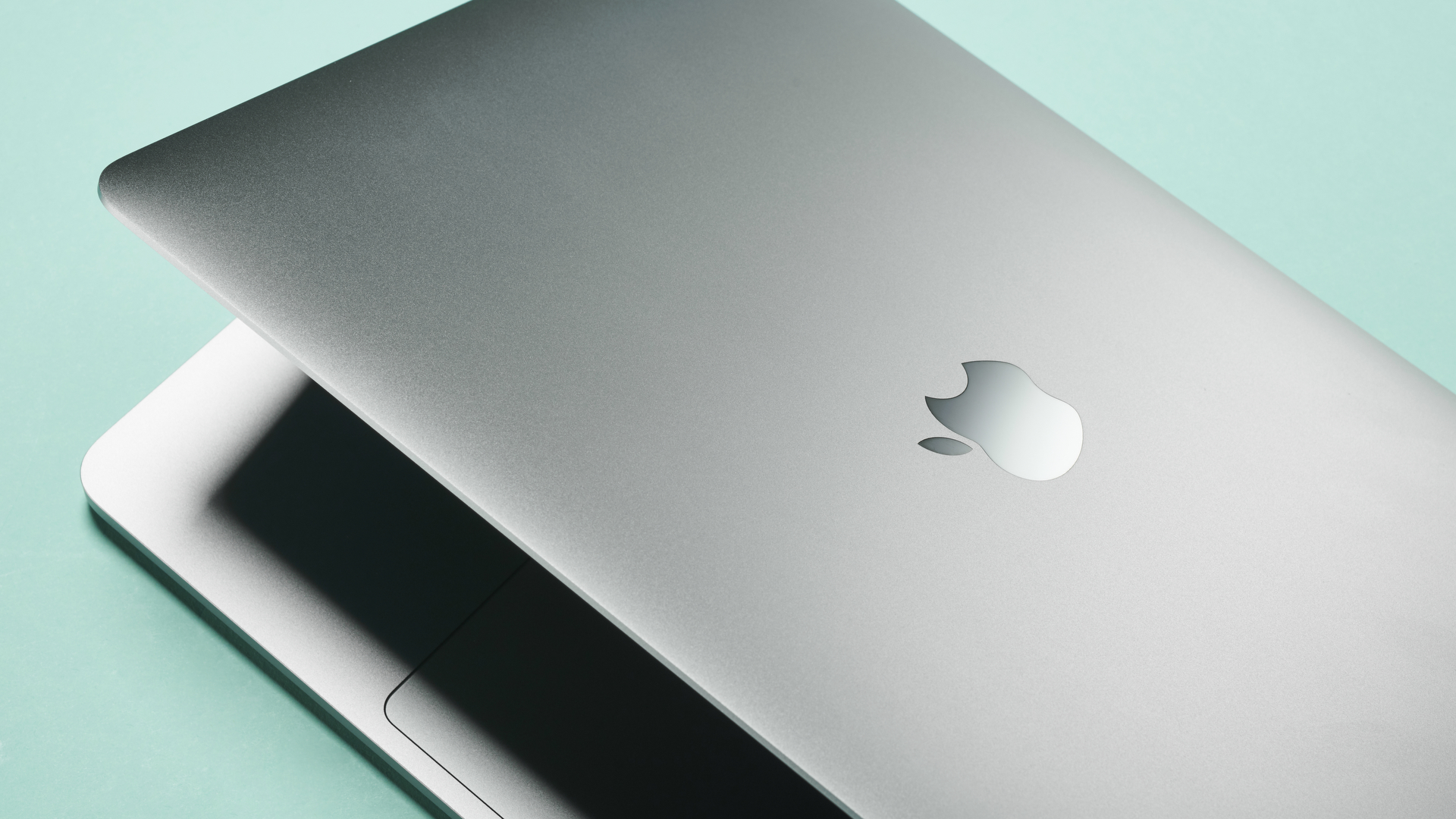
So, we had a lot of apps open at once, and were able to quickly and easily switch between them, and load more up, without any lag or delay. Video editors in particular will love the new MacBook Pro – we used Final Cut Pro to edit 8K video footage, and the MacBook Pro 13-inch didn't skip a beat. We could chop, edit and preview footage in real time, and playback was very smooth. Editing raw 8K footage is incredibly demanding, but it's clear that the GPU in the M1 chip is capable of the job. Considering this is Apple's first attempt at a computing chip (it's been designing the chips in its iPhones and iPads for years now), this is impressive stuff.
MacBook Pro 13-inch (M1, 2020): Geekbench 5 benchmarks
Single-Core: 1,732
Multi-Core: 7,590
Our benchmark scores also showed how much of an improvement the M1's CPU is compared to the previous model's Intel Core i5 processor. The leap from a quad-core CPU to an octa-core processor has made a huge difference, and it's clear this is a laptop that has some serious multitasking chops.
We've also got to give the battery a shoutout for the MacBook Pro 13-inch (M1, 2020). Apple promises the “longest battery life ever in a Mac” with up to 17 hours of wireless web browsing, and double the video playing lifespan (20 hours versus the previous model's 10 hours).
While we didn't quite see numbers like that, we were able to use the laptop for almost two workdays (9 hour shifts) without needing to charge it. We also looped a 1080p video with the screen at 50 percent brightness, and timed it. After an impressive 13 hours and 22 minutes, the battery ran out. That's an excellent score for a laptop this powerful, and easily beats Windows 10 competitors like the Dell XPS 13.
MacBook Pro 13-inch (M1, 2020) review: Verdict
The MacBook Pro 13-inch (M1, 2020) is still an exciting laptop years after launch. It offers great battery life and a classic, classy design. Although it's showing its age a bit now, especially with newer design larger MacBook models on sale.
So, should everyone be running out to buy this laptop? Not quite. There's no doubt that the MacBook Pro 13-inch is a brilliant laptop, but it's one geared at creative professionals more than anyone else. If you're looking for a cleverly designed workstation laptop that's slim, light and easily portable, yet able to render and edit ultra-high definition videos, then this is a splendid investment if you can find a refurbished model. Otherwise look to the newer M2 2022 model.
However, if you don't need a laptop for that, and want something for day-to-day work, and even a bit of light video and photo editing of stuff you've taken on your smartphone, the higher price of the MacBook Pro may be slight overkill. Instead, we really recommend going for the new MacBook Air instead.
Sign up to the T3 newsletter for smarter living straight to your inbox
Get all the latest news, reviews, deals and buying guides on gorgeous tech, home and active products from the T3 experts
-
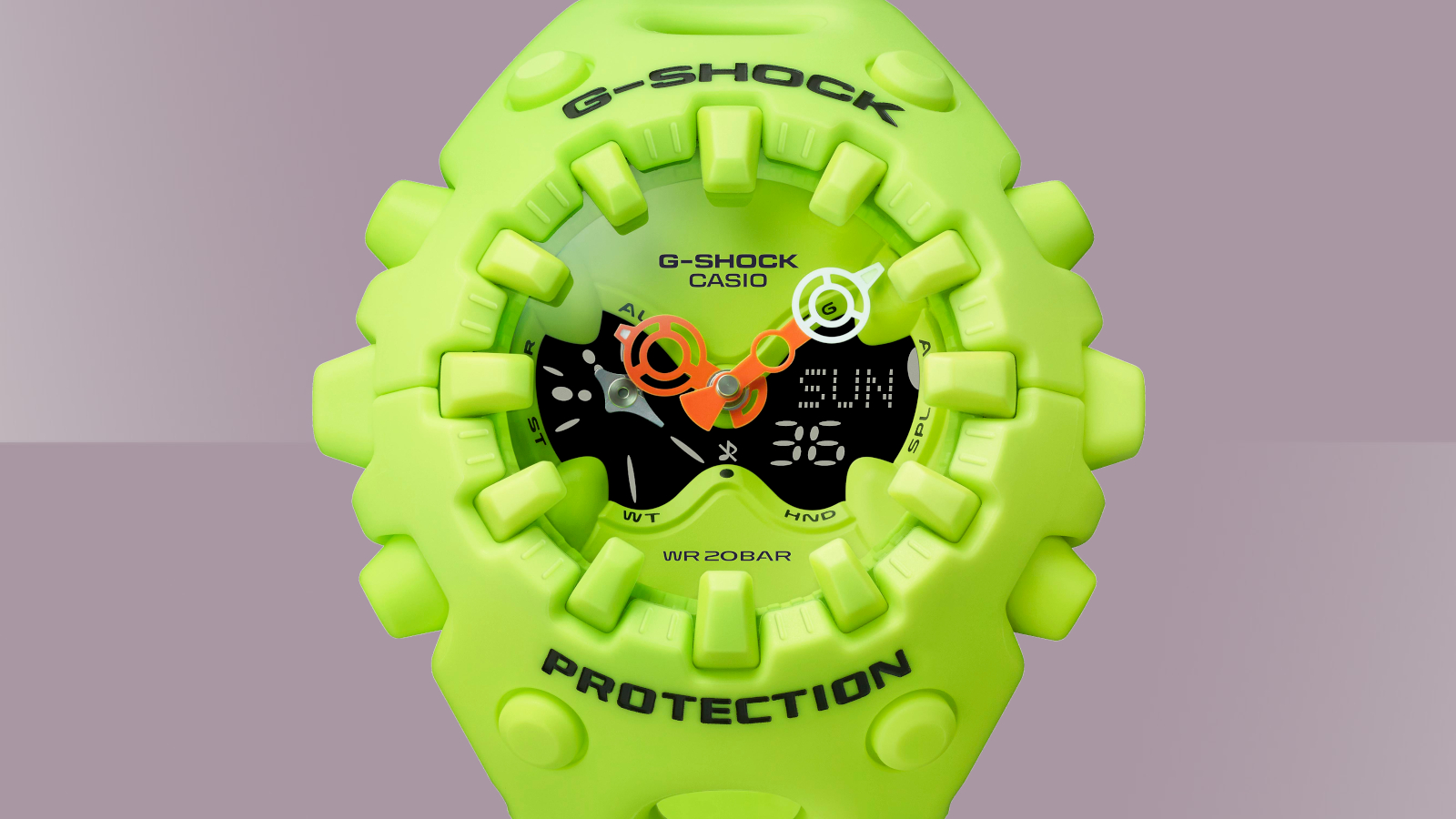 New Casio G-Shock is half sci-fi nightmare, half Y2K chic
New Casio G-Shock is half sci-fi nightmare, half Y2K chicI hate how much I love this
By Sam Cross Published
-
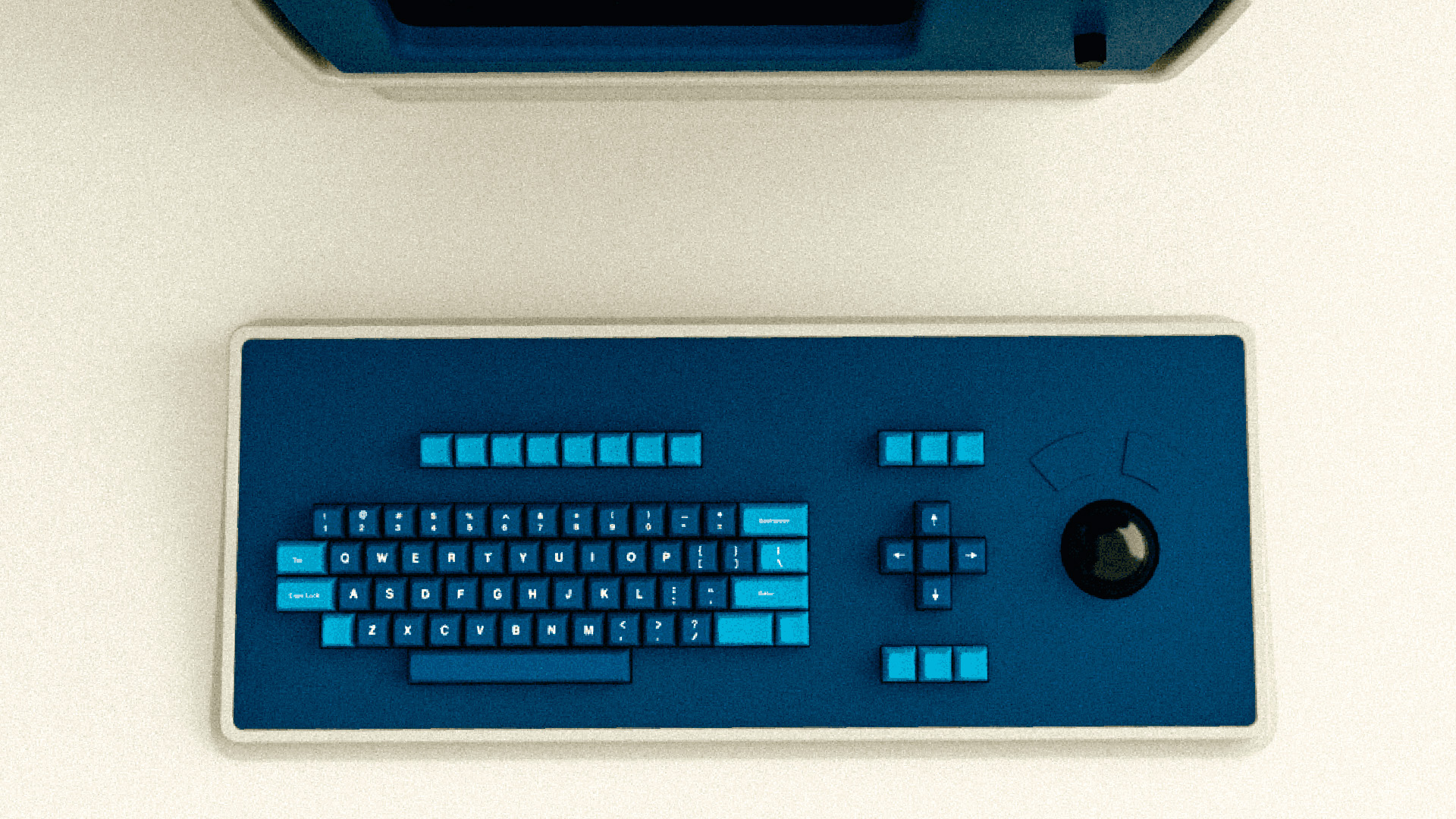 Apple's Severance computer may have been a joke, but the keyboard is coming for real
Apple's Severance computer may have been a joke, but the keyboard is coming for realTell us where we can sign up!
By Britta O'Boyle Published
-
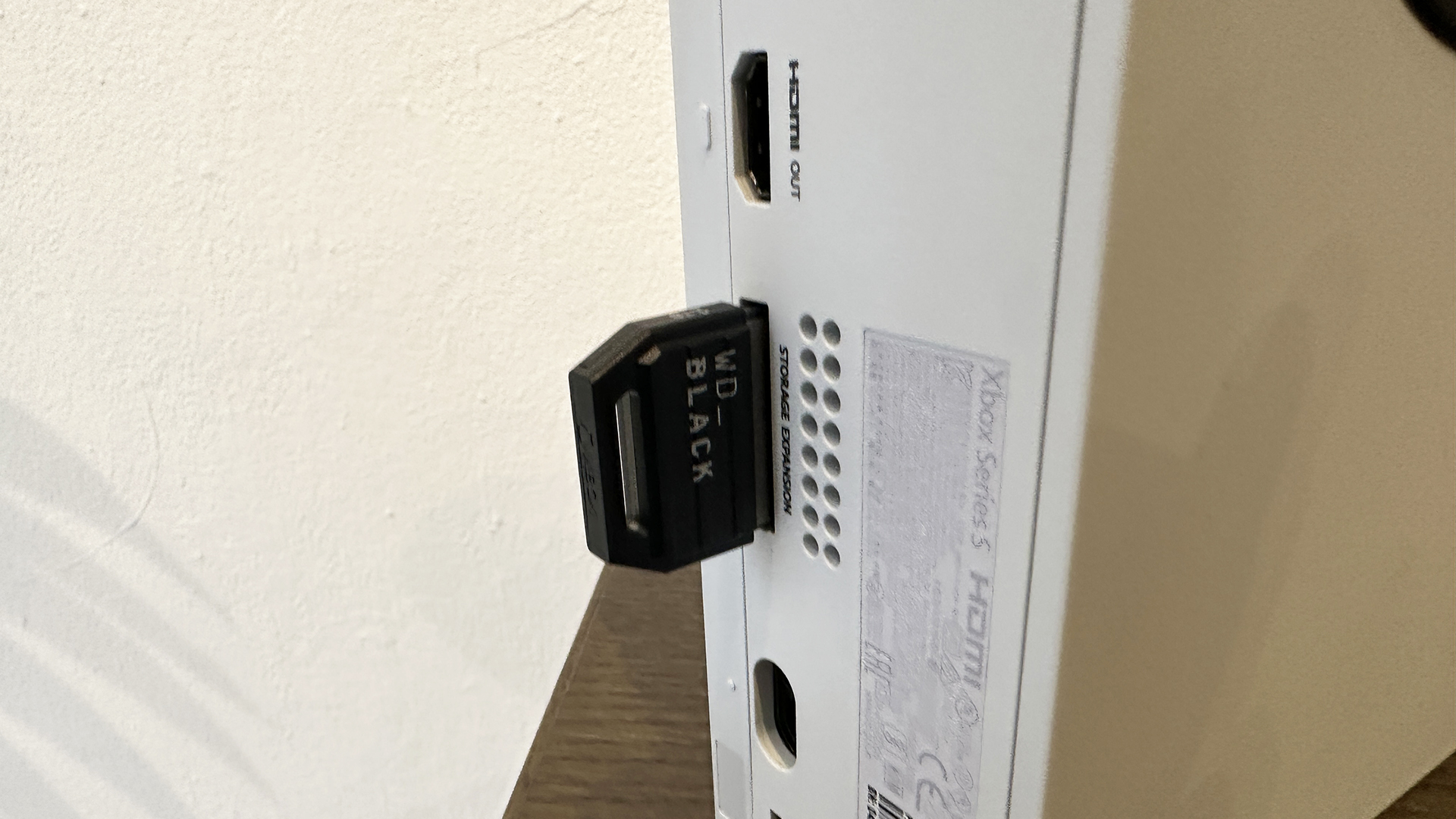 Xbox Series X/S storage space problems solved by a sneaky Xbox Game Pass update
Xbox Series X/S storage space problems solved by a sneaky Xbox Game Pass updateYou may never have to buy external storage again
By Rik Henderson Published